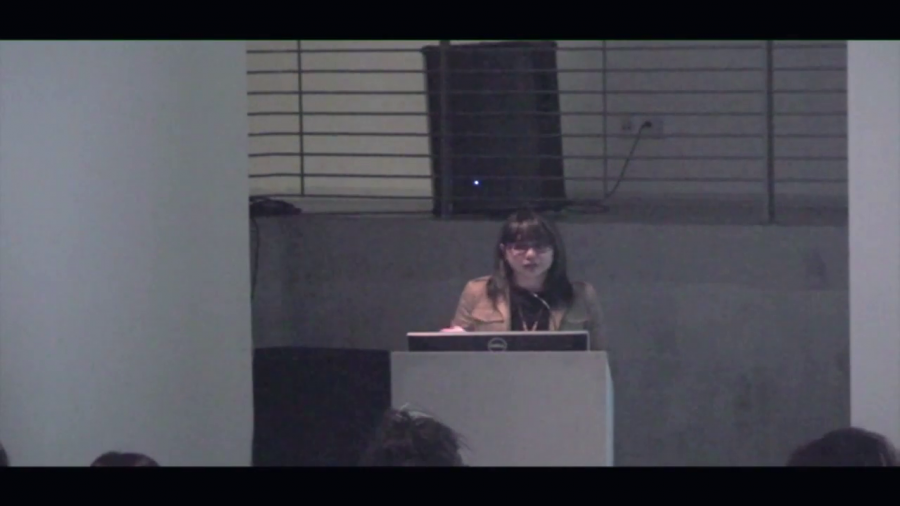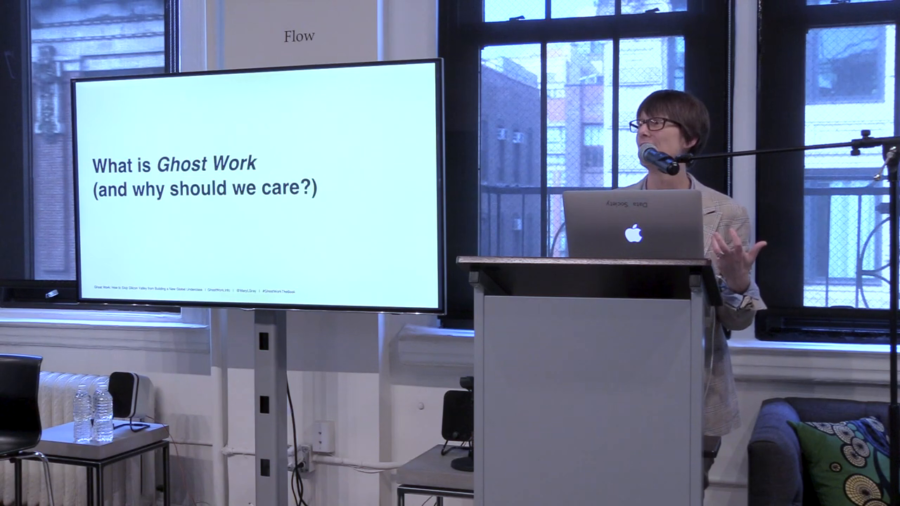I’m just going to say it, I would like to completely blow up employment classification as we know it. I do not think that defining full-time work as the place where you get benefits, and part-time work as the place where you have to fight to get a full-time job, is an appropriate way of addressing this labor market.
Archive

When you try to analyze the resacralization of the secular state system, there are many mistakes that scholars particularly in the West make. They assume that resacralization is simply secularism plus the sacred added on. As if the system was still conceived in the same way, even it wishes to behave in a different way. But what in fact is going on is fragmentary, a mixture.
The commonly asked questions is, “Does this bot sound human?” And the question that I think is a little bit more interesting is why do so many bots that win the Loebner Prize sound pretty much exactly the same? They’re really similar to each other. Maybe they all have a particular type of default human being in mind, the people who design these bots. But if so, who is this particular mysterious default human being?

When we think about network graphs and we talk about how the network effects that make up an important part of how social movements and how information is distributed online, there’s this assumption in those visualizations that every node in that network is equal. But very often, and you can slice data in many different way, the languages that we speak actually limit the networks that we have access to and that we’re interacting with.
I’m going to talk about a bot-like creation that was occasioned by NaNoGenMo last year, World Clock. It has a rather curious story to what’s happened after I developed it.


